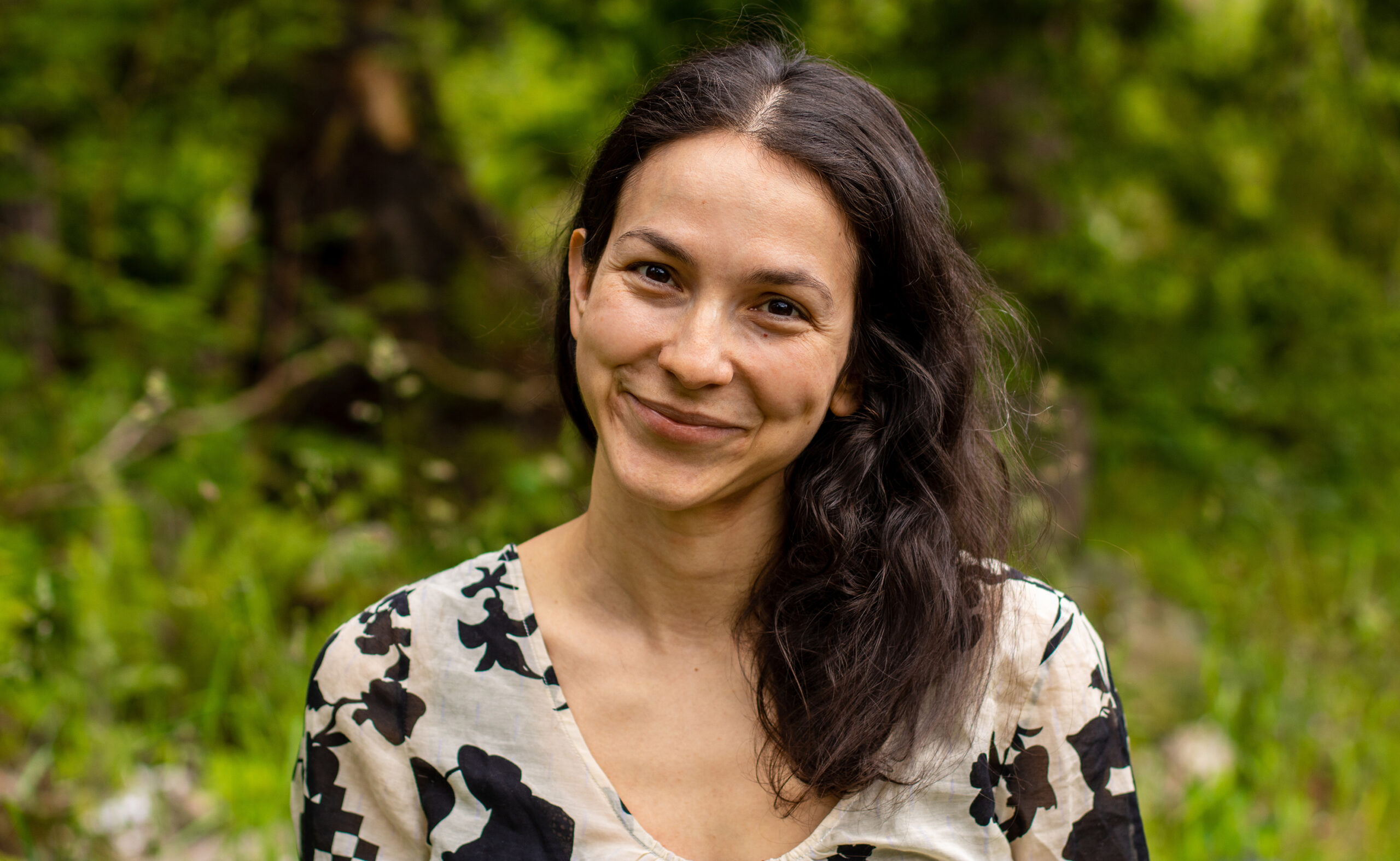Mir Lecture Focuses on What We Owe Young People in Times of Crisis
Today’s world is littered with extreme challenges that for most people is hard to grasp, but supporting youth as we find our way forward is fundamental to brighter days ahead according to acclaimed educator Sharon Stein.
The featured speaker in a Mir Lecture event that takes place on November 8 at Nelson’s United Church, Stein asks how education can prepare people to navigate “wicked” challenges in socially relevant, relationally rigorous and intergenerationally responsible ways. Her current research is focused on the challenges of confronting difficult truths about colonialism and climate change.
“I think many of us who are mid-life and older are feeling the call to use our power and privilege to change what we can, while we can, especially for the benefit of our young people,” says Jennie Barron, chair of the Mir Centre for Peace. “We know that the burden of adapting to, managing, and transforming these problems is a very heavy one for youth to carry. But there’s no roadmap. So, we need new ways of thinking, doing and being to help us navigate the great uncertainties that lie ahead.”
Across the planet today, we are living in a time of what Stein refers to as a polycrisis, a convergence of ecological, social, economic and mental health crises that are rooted in the modern colonial system and its imposed sense of disconnection. From climate change causing extreme weather to intensifying global wars and opioid addiction to housing shortages, there are simultaneous crises with interconnected roots that includes the hierarchy among species, cultures and individuals.
Stein is an assistant professor of higher education at the University of British Columbia and a visiting professor with the Chair for Critical Studies in Higher Education Transformation at Nelson Mandela University in South Africa. In 2002, Stein published the book Unsettling the university: Confronting the colonial foundations of US higher education. She has contributed to her field with dozens of articles, book chapters and op/ed pieces over the last decade.
Drawing on her work with the Gesturing Towards Decolonial Futures Collective, Stein will share insights and ideas for interrupting our persistent patterns to cultivate deeper emotional stability, relational maturity, intellectual discernment, and intergenerational and interspecies responsibility.
Her work with the Critically Engaged Climate Change Education group seeks to look beyond the possibilities offered by either climate solutionism or climate doomism. Confronting and learning about the complex problems is key for young people who may feel overwhelmed or immobilized by the situation.
“This talk is for anyone who cares about youth and sees an opportunity to shift our culture away from self-destructive norms and patterns towards new ways of being that might turn out to be not just necessary, but healing and enriching for all of us,” says Barron. “I hope people will leave with the sense that we can face this very uncertain future together, and that even if we can’t predict or determine that future just yet, we can take part in shaping it.”
Tickets for the Mir Lecture on November 8 at Nelson’s United Church are now on sale ($22 for adults and free for students/youth) with an option for live-streaming tickets available. The event runs from 7 pm to 9 pm. To purchase tickets and find out more, go the Selkirk College website: https://selkirk.ca/events/mir-lecture-sharon-stein


























Comments